Cloud computing has a key role for companies in their digital transformation as it offers new opportunities for them. But how does work a Cloud Data Platform concretely? What are the advantages for companies? We interviewed our experts in our podcast to cover this hot topic.
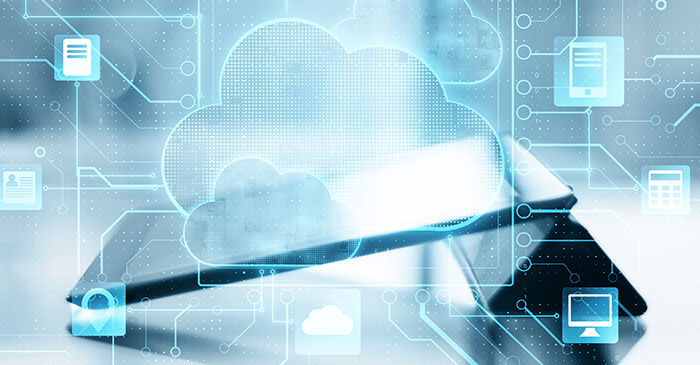
In Business & Decision Expert Podcast we strive to answer business questions in the domain of Data & Digital for your company’s digital transformation. For this monthly episode we will discuss about Cloud Data Platforms and how they are supporting companies in their digital transformation.
What we will discuss today:
- What is a Cloud Data Platform
- What are the benefits for companies to move to the Cloud?
- What are the trends today and market challenges?
Gerrit Denayer, Business & Decision Marketing Director, received around our table the following expert to answer those questions:
- Mick Levy, Innovation Director at Business & Decision
- Luka Riester, Head of Innovation at Business & Decision
Listen to the full podcast
Mick: There are several types of clouds. And, you know, we can talk about just Infrastructure as a Service (IaaS), about Platform as a service (PaaS) and about SaaS, Software as a Service. Infrastructure as a Service is just using infrastructure coming from an external provider, which could be private, either private or public. And it’s a first step, but it’s not very interesting to achieve what we call here, a cloud that platform. The first step software as a service is like Salesforce, it is like dynamics, it is like many softwares which are directly available on the cloud platform. But it’s not very interesting for them, because for data we are trying to achieve for a company data platform, we are trying to have our own data, our own dashboards, our own KPIs, our own use cases. So we’re not talking about SaaS, neither. What we’re talking here about is about PaaS. So about Platform as a Service, where we will use at the same time infrastructure of an external provider. And we will use its software platform, like its databases, tools to stream data, to collect the data, like software, to make calculations, like software to apply transformation and apply AI algorithms etc… So it’s very interesting, and very important to understand that now, we are at a point where we don’t only take an infrastructure, but we take an infrastructure with new software’s available on the catalogs of the major cloud service providers and with marketplaces. We can touch new software’s coming from other vendors, but which are given us platform as a service.
Luka: Yeah, I do agree. I do. also like to maybe say everything is as a service or like x as a service, right? Because we are starting to see that there’s a lot of, like you said, new tools, new technologies popping up, that are born in mostly in a lot of times in open source and then kind of closed source support becoming that are also cloud native. So some of these Cloud Data Platforms are really cloud native. And some of the tools and technologies around those like ETL engines have popular ETL engines that are purely cloud, which was not the case five years ago, certainly. And it’s also not just purely cloud isn’t that, I don’t mean like, okay, you can install it on a VM, it’s like really as a service. There’s a lot of things that are “everything that is as a service”. So it means like everything is “as a service”. And what does that actually mean? So first of all, cloud native and everything as a service. Well, that means that we can start really seeing the decrease of the cost for these platforms, that will be able to accommodate the crunching of billions or petabytes of information. If you look at like five years ago, who could afford doing petabytes of data? Well it was mostly big guns, even though for those, let’s say a bit below them, they will take Hadoop, but then they will need to invest a lot of resources, a lot of time and effort and money into resources to manage all of that. And we know that because we’ve been doing that for years. So first of all, we have the big vendors with MVPs, that exists already for you know, more than 10 years, for which you basically buy a rack and you have your cluster or an MPP technology, you pay tons of money for that. And big banks did that for years, for decades. Then we saw moving to more Hadoop to decrease costs, but we decrease costs more in licenses, but you still need to manage those. And then you still see these gaps that I talked about before those and you know, the missing links between your final analytics and the way you crunch data, etc.. And then now we see this trend, which is more like as a service totally in the cloud, scalable, elastic pay as you go. So that’s why to answer your question, Gerrit. That’s why it’s being popular. It’s being popularized these days, because we really see that, well, a lot of companies want to drive down costs and do more. And I think these technologies really allow you to drive some of the cost down and to at the same time, do more with your data.
Gerrit: And more as a commodity where everyone can exploit Data instead of having to have specialists for each and every part in the chain of your data values.
Luka: You still need a specialist. Is everything now, so easy? No, it’s not going to be that. I mean, we should not say, you know, what a lot of vendors are saying it’s not magic. You see that it’s like it starts as magic then Okay, then there’s this and then there’s this thing you need to take care about in the stock. And then this whole integration, we’re going to talk about multi cloud, I mean, there’s always complexities what is true, especially for the part of a Cloud Data Platform, like a database that is as a service. They have become so performant and so smart as well, in the way that they auto scale out, auto improve themselves, auto index, that we see that there is a decrease of needs for DBA. That’s for sure. I think there’s that’s a topic for us for later down the path. But we see that and it also doesn’t mean that the DBA will lose lose their jobs, but that it means that there’s going to be shift there with those kinds of profiles. But we can come to that a bit later.
Now we see this trend, which is more like “as a service “totally in the cloud, scalable, elastic pay as you go. That’s why it’s being popular these days, because we really see that companies want to drive down costs and do more. And I think these technologies really allows you to drive some of the cost down and to at the same time, do more with your data.
Luka Riester
Mick: Yeah, I’d like to come back to the question why now? That was your question, Gerrit, didn’t it? I can give you a couple of reasons. But I think there is really a major shift on the market for the cloud. And as usual, with that kind of shift. There are many, many, many reasons to go on the cloud. And I like to give a couple of other reasons. First, data is as a raw material, which data is really changing. First of all, we have more and more and more data. In a study IDC told us that there will there will be something like 175 zettabytes of data around the world in 2025 in only four years from now. So, we have a major challenge to manage all that volume of information and the nature of the data itself is really changing also. We can say that we have for instance, a large amount of data is around personal data is around us as customers, as citizen, as users of an object of our smartphone.
Nature is changing with IoT, all the objects are getting connected, each connected object will generate a very, very large amount of data. And so we have a real challenge to manage out there, all the data coming from connected objects with IoT, and the cloud will be the natural system to get the data. And the other thing is a change in the nature of uses. That is that we want to achieve with data. Again, we’re coming from BI, and we we now want to go on machine learning, we now want to go on deep learning, we now want to do AI algorithms. And so we have new challenges with that.
Gerrit: Yeah, I think that’s one of the advantages, you know, you have this data sitting somewhere. And if you want enable new services, on top of that, as it’s in the cloud environment, it’s much more easier to just say, “Hey, you know, let me do some deep learning or machine learning or advanced analytics on data that’s already there”.
We’re now in the cloud. Basically it’s a marketplace, you say, “hey, I want to do this”, you check it down, and it’s there available for you. And you can deploy it within minutes. Right. So I think that this is also one of the advantages if there’s a direct.
Luka: I would add that we are seeing like this, the market being commoditized, okay, a way that used to be commoditized, like, already 15 or 20 years ago for BI, okay, it’s all of the companies. And we know, I know from my older colleagues, that 20 years ago, you needed to persuade a customer to go for like a multi dimensional type of modeling and data, typical data warehouse, where now, like, 10 years after that nobody thought about, like it was natural to have an enterprise data warehouse, because the other benefits were clear, but it had its own restraints scope. And there we talk about, again, lack of elasticity, lack of robustness, difficult to get in new data, etc.
And definitely not having the possibility to have all your data, which is something that now like last 10 years, we spent convincing our customers “Yeah, there’s finally a possibility to put all your data that you might need now or might need tomorrow to for exploitation and to do more stuff rather than just, you know, SQL queries and small report.” So that’s, that’s why I would say it’s more commoditized AI today, or I would say machine learning and deep learning is becoming commoditized. You can buy off the shelf algorithms, you just need data for it. So when you start storing this data in a scalable fashion, which doesn’t cost you millions, well, that means you can slowly or and surely get into the AI market and start putting AI or machine learning or deep learning into your product itself.
Business & Decision Expert is a podcast where we talk about Data, AI & Digital topics. We receive every month Data & Digital experts to discuss how Data is revolutionizing our daily lives and we strive to answer business question related to digital transformation. We aim to gather a community of Data passionate people around our podcast where everyone can learn something in a relaxed and fun way.
You can listen to us on Soundcloud, Apple Podcast, Spotify or other podcast platforms.




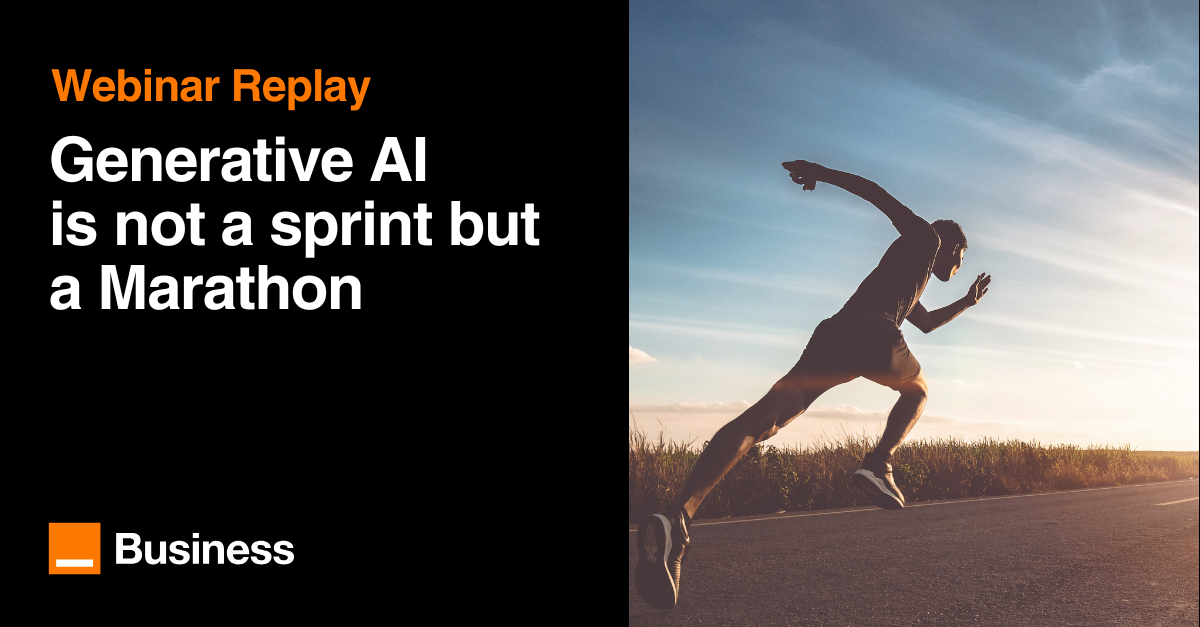
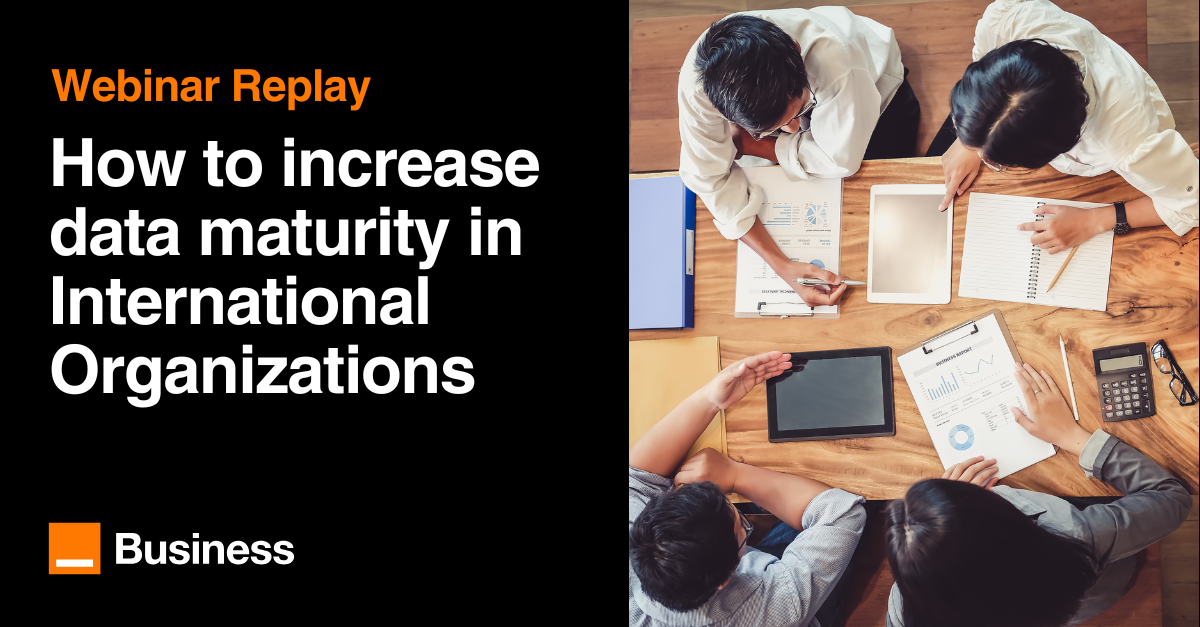
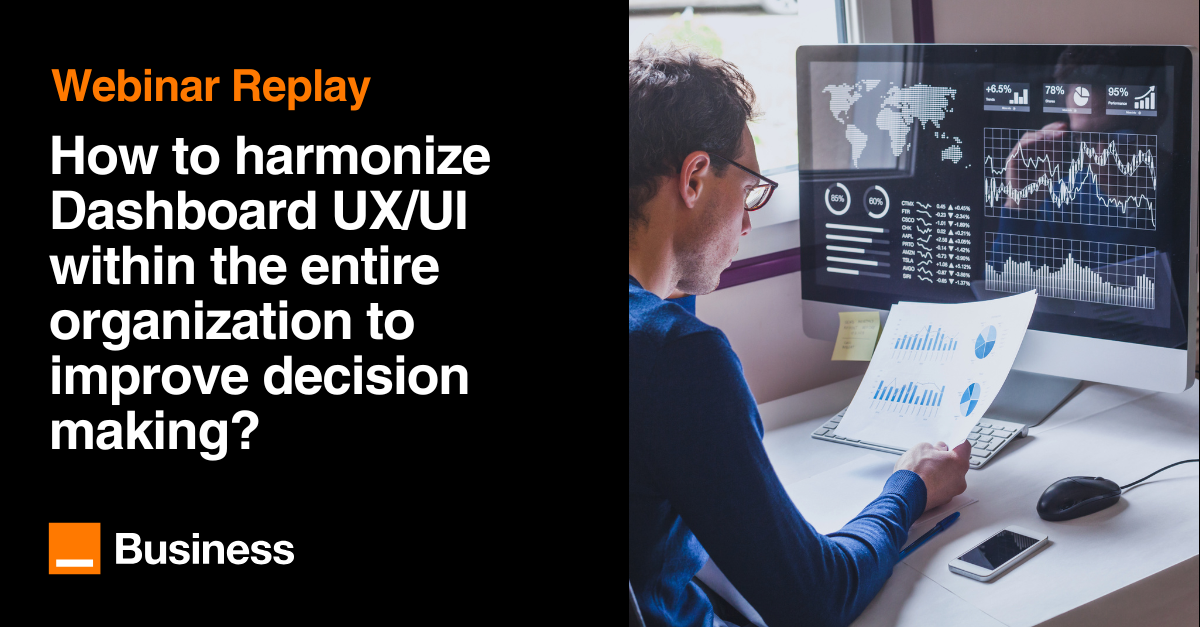
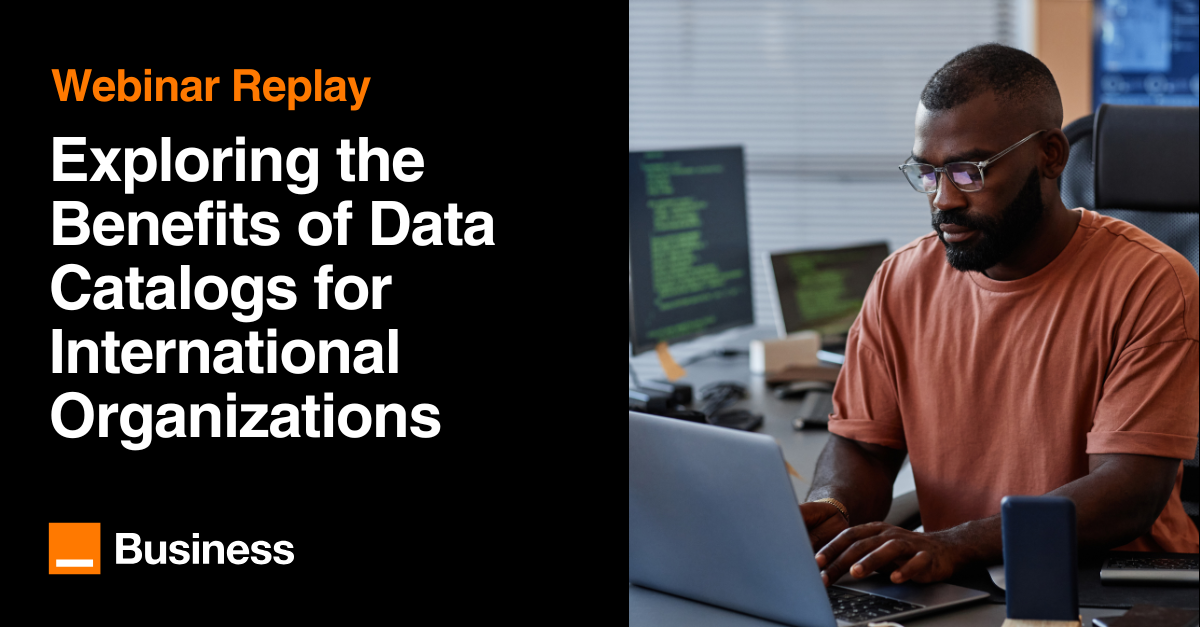

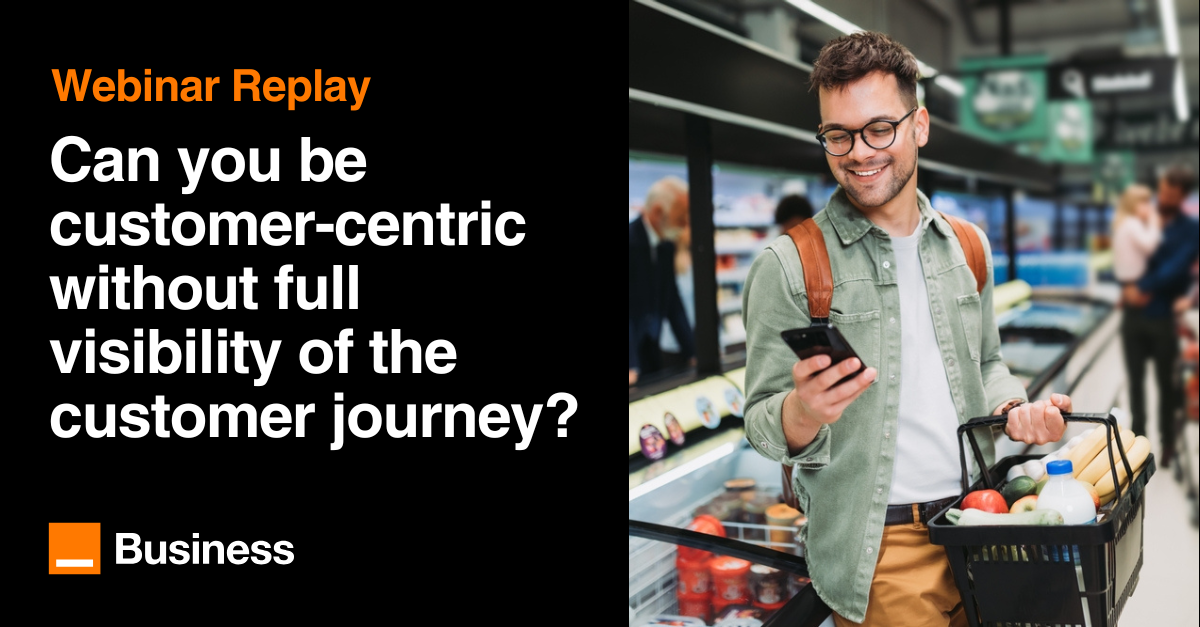
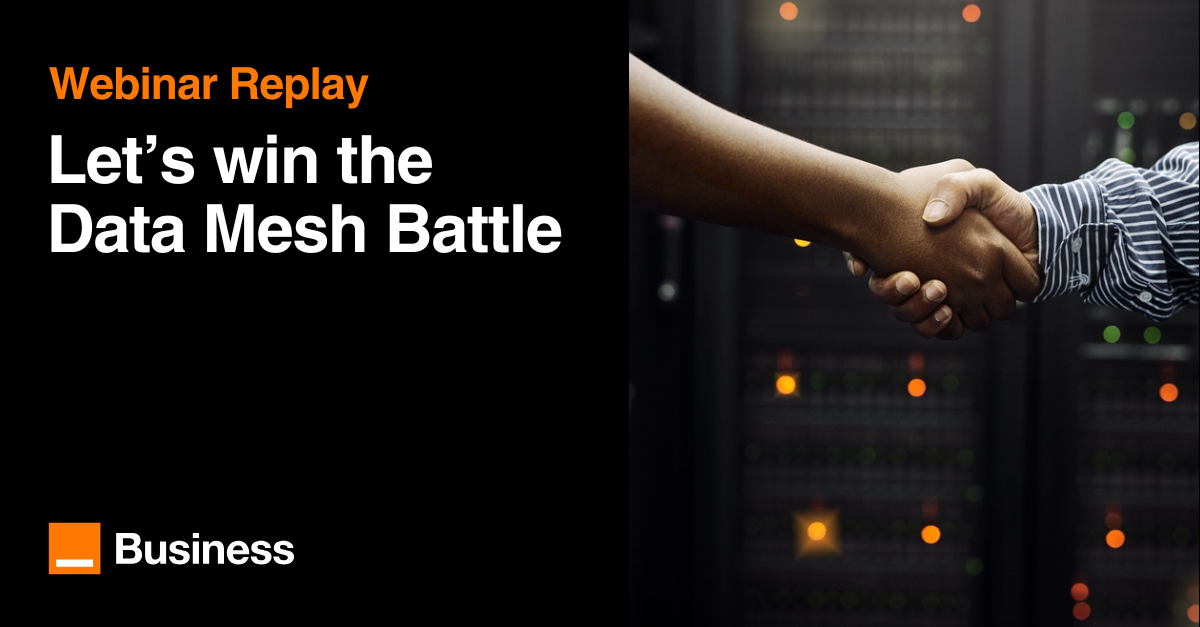
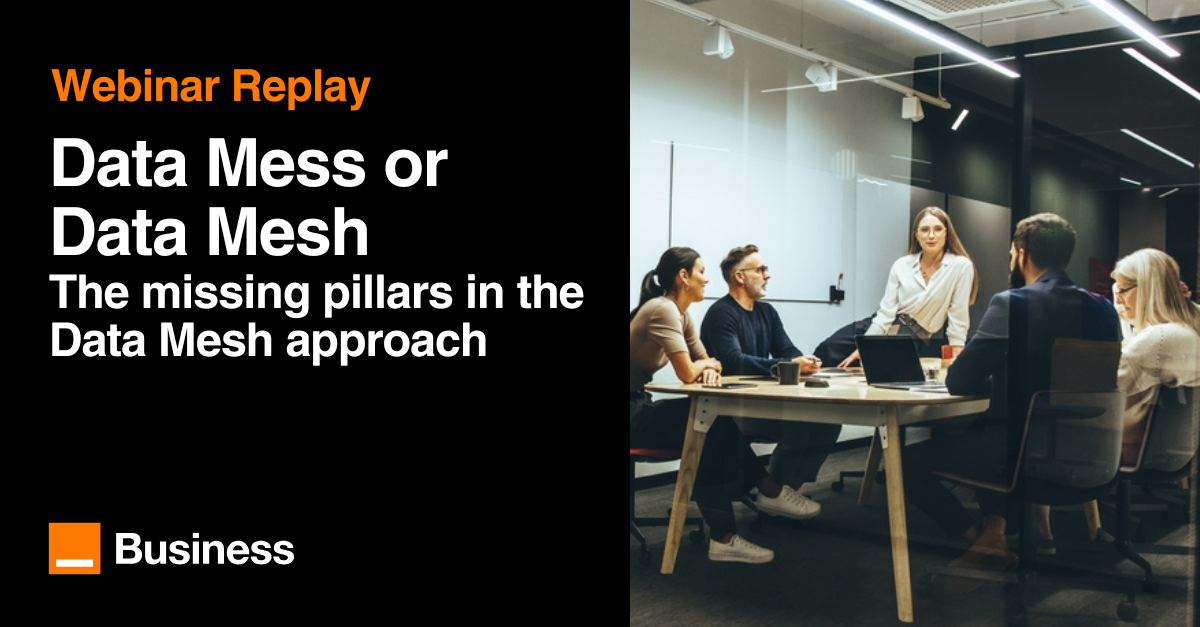
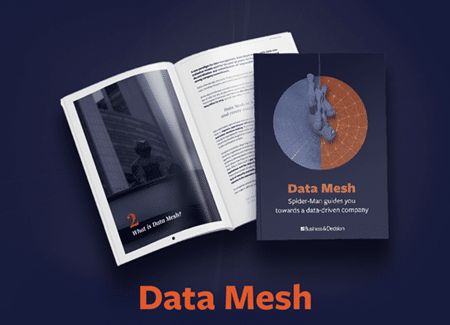

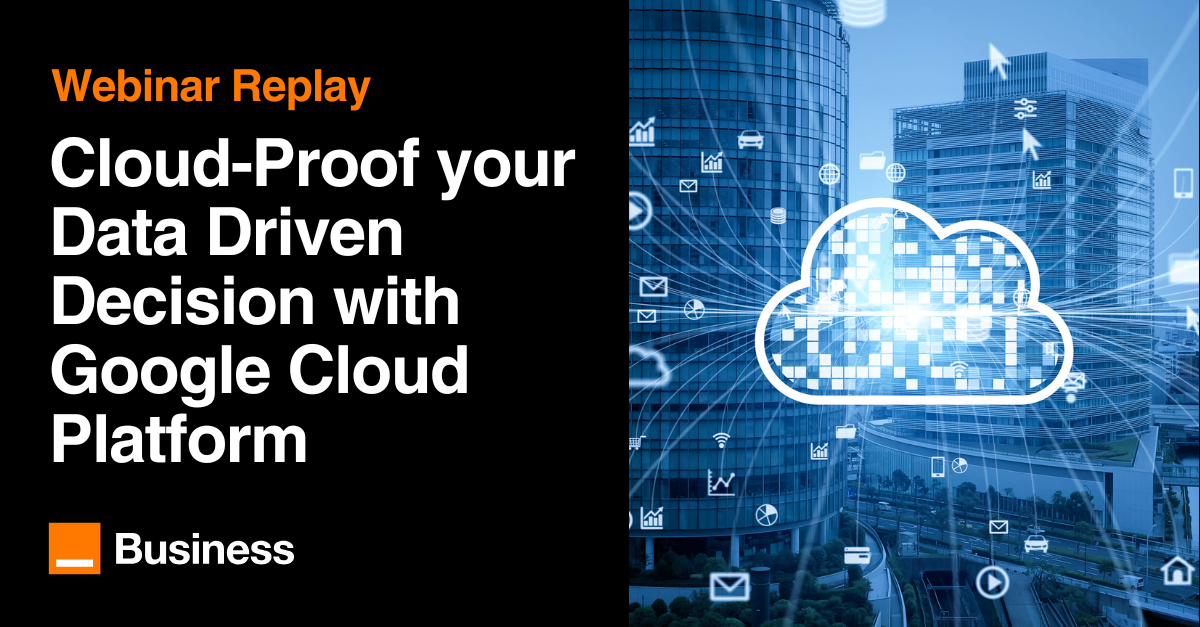
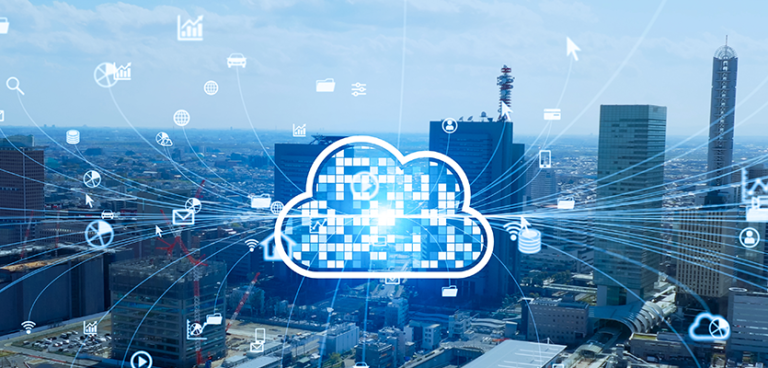
Your email address is only used by Business & Decision, the controller, to process your request and to send any Business & Decision communication related to your request only. Learn more about managing your data and your rights.